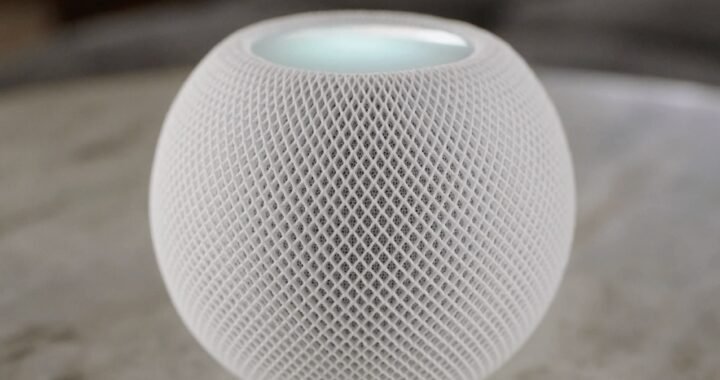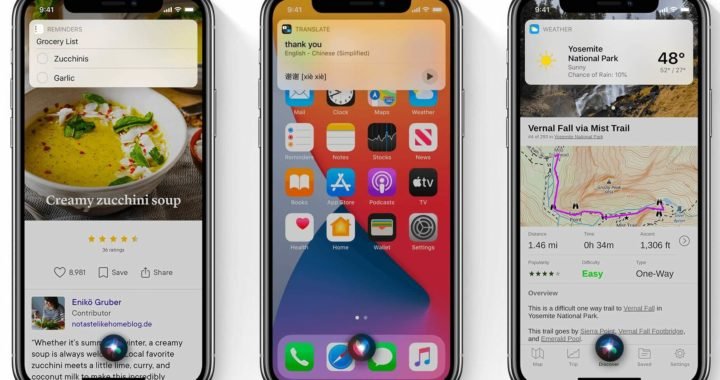Facebook announced wearable smart glasses AR Project, Aria

Facebook has announced a new research project that will help building the first generation of wearable augmented reality devices. The new augmented reality headset will create a map of everything you see.
Google Street View emerged from a seemingly insane vision: Put cameras on cars, and drive them around the entire world to capture every street on the planet. Over a period, that data got significant value. The footage from those cars automatically updates Google Maps with new business signs and changes street names. Data from the car’s trip can be used to correct satellite imagery.
Now, Facebook has an even bigger aim. The company announced a plan to map the entire world, beyond street view. The company is launching a set of glasses that contains cameras, microphones, and other sensors to build a constantly updating map of the world in an effort called Project Aria. That map will include the inside of buildings and homes and all the objects inside of them. It’s Google Street View, but for your entire life.
About a hundred Facebook employees and contractors will use the glasses to record as much as they can their immediate surroundings.
Facebook can already see almost every aspect of how the world uses the internet, through its ad tracking of users and nonusers on and off its site. Project Aria would add a physical dimension to Facebook’s omnipotent gaze.
This effort will give Facebook an enormous dataset to build future augmented reality and A.I. products. The data could be used for everything from building an AR application to telling you where you left your keys, to a more personalized virtual assistant.

The final result would be a live, 3D map of the world, constantly updated and refreshed by people walking around with AR headsets. Facebook says Project Aria glasses are not a consumer product, nor are they a prototype. They won’t display any information on the inside of the lens, and research participants cannot view or listen to the raw data captured by the device. As a research device, the glasses will use sensors to capture video and audio from the wearer’s point of view, as well as eye movement and location data to help our engineers and programmers figure out how AR can work in practice. The glasses will encrypt, compress, and store data until it’s uploaded to our separate, designated back-end storage systems.
It was designed as a way to help us innovate safely and responsibly. To help us develop the safeguards, policies, and even social norms necessary to govern the use of AR glasses and future wearable devices.
Also Facebook is not releasing this device to the general public and it won’t be for sale. Starting in September, it will be made available to a limited group of Facebook employees and contractors in the United States, trained in both where and when to use the device, and where and when not to.
By wearing these devices as they go about their day, at home, on Facebook campuses (once they reopen), and in public, the data they gather will support the development of head-tracking, eye-tracking, and audio algorithms that will one day make the dream of AR glasses real. Project Aria will also provide the first-person perspective data necessary to build LiveMaps — the virtual 3D map needed to fulfill the potential of AR — and train a personalized assistant that can one day help people sense and understand the world. Because this initial dataset has to be relevant for as many people as possible.






